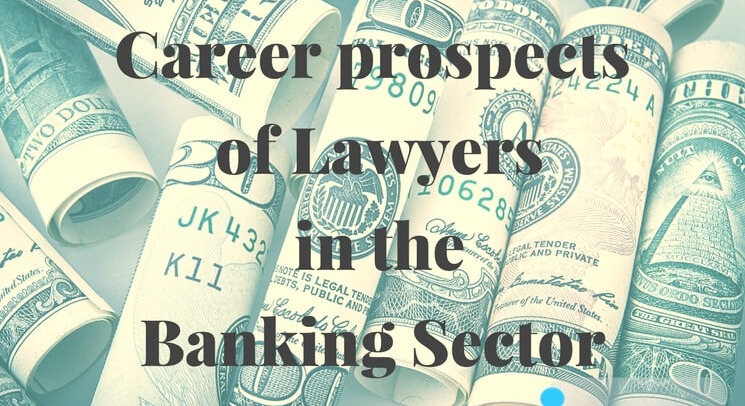B.C. Ray, J.@mdashThis Rule was issued on an application in connection with a First Mise. Appeal preferred against the judgment and order passed in appeal being Municipal Appeal No. 81 of 1963, dismissed by the Third Bench, Small Cause Court, Calcutta, praying for a Rule and an order for interim injunction restraining the Respondent opposite party Corporation of Calcutta from realising taxes on the basis of the enhanced assessment made in 1960-61 by the Deputy Commissioner, Corporation of Calcutta and upheld by the learned Judge, Small Cause Court, Calcutta, in the aforesaid appeal. It has been stated in the petition that the impugned assessment is wholly illegal and arbitrary as it has been made without any reference to the annual rent realised from the tenants occupying the said premises and the enhancement has been made arbitrarily from the annual value which was assessed in 1956-57 to an amount of Rs. 3,22.502 to Rs. 5,63,072. It has also been alleged in the said petition that the Corporation of Calcutta has not assigned any reason for such inordinate increase in the annual value of the said premises being premises No. 12B Lower Circular Road. It has also been stated that u/s 207 of the Calcutta Municipal Act, since the appeal has been preferred before this Court u/s 183(3) of the Calcutta Municipal Act, the valuation that has been made on the objection by the Deputy Commissioner, Corporation of Calcutta and affirmed in appeal by the Third Bench, Small Cause Court, Calcutta, is not final and as such it is fit and proper that the interim order that has been made by this Court restraining the opposite party from realising taxes on the basis of the increased valuation till the disposal of the Rule should continue and the Rule should be, accordingly, made absolute. It has further been contended by Mr. Dutta, appearing on behalf of the Petitioner, that in accordance with Section 207 of the said Calcutta Municipal Act, the opposite party is not entitled to realise tax on the basis of the enhanced valuation so long as the instant appeal is pending before this Court.
2. In support of the above contention, Mr. Dutta has cited two decisions reported in Royal Asiatic Society of Bengal v. Corporation of Calcutta 58 C.W.N. 537 and
3. Mr. Dutta has next contended that the recent Ordinance which has been promulgated by the Governor being Ordinance No. 15 of 1976 has not been given any retrospective effect and as such, the amended provision which has been incorporated by Sub-section (3A)(a) and (b) of Section 183 of the Calcutta Municipal Act is not applicable in respect of the present appeal which has been filed long before the coming into force of the said Ordinance. In this connection, Mr. Dutta has submitted that it cannot be said that the right to file an appeal and also the payment or deposit of any tax against which the instant appeal has been preferred is a procedural matter, but a substantive provision affecting the rights of the parties and that being so, unless the Ordinance has been given retrospective effect expressly, those provisions of the Ordinance cannot be made applicable retrospectively to this appeal which has been filed before the promulgation of the said Ordinance.
4. Mr. P.K. Ghosh, learned Advocate appearing on behalf of the opposite party, has on the other hand, submitted that notwithstanding the fact that the said Ordinance has not been given retrospective effect, yet in view of the expression used in Sub-section (3A), namely, ''no appeal under this section shall be entertained'', it means not only that the taxes are to be paid at the enhanced rate not only at the time of the filing of the appeal but also during the pendency of the appeal. The word ''entertain'', it is further submitted, means that the appeal cannot be heard and disposed of unless and until the enhanced taxes are paid. In this particular case, undoubtedly the appeal was filed prior to coming into operation of the Ordinance, but the appeal is pending when the Ordinance came into force and as such, the Appellant is under a legal obligation to pay the enhanced taxes in accordance with the provisions of Sub-section (3A)(a) and (b) of Section 183 of the Calcutta Municipal Act and unless he deposits or pays to the Corporation of Calcutta all the taxes payable upto the date, of the presentation of the appeal to this Court as decided by the Court of Small Causes and also continues to deposit till the disposal of the appeal, this appeal cannot be heard and the Rule should be discharged.
5. In support of this submission, Mr. Ghosh has cited three decisions in
6. The word ''entertain'', according to the Oxford Dictionary means ''receive as guest, harbour, admit to consideration''; according to Chambers 12th Century Dictionary it means ''to maintain, to receive and take into consideration''; according to Webster''s Dictionary it means ''to show hospitality, to consider with favour, to receive''.
7. In
8. In
9. Thus it is evident that the question whether the Applicant is to deposit the cost or to furnish security is to be considered at the time when the application comes for consideration before this Court and not before that.
10. In
A wider meaning of the word ''entertain'' would enable the smooth working of the provisions of the section.
and it was held that the Regional Transport Authority had power u/s 68F of the Act in the circumstances of the case to reject the applications filed by the Petitioner for grant of permit.
11. In our considered opinion, the above decisions do not apply to the facts of the case for the simple reason that the Ordinance embodying Sub-section (3A) of Section 183 of the Calcutta Municipal Act has not been expressly given any retrospective effect and as such, it cannot be deemed to be applicable retrospectively in respect of the appeals filed earlier than the promulgation of the said Ordinance. Reference in this connection may be made to the decisions in
before ascertaining the effect of the enactments aforesaid passed by the Central Legislature on pending suits or appeals, it would be appropriate to bear in mind two well-established principles. The first is that ''while provisions of a statute dealing merely with matters of procedure may properly, unless that construction be textually inadmissible, have retrospective effect attributed to them, provisions which touch a right in existence at the passing of the statute are not to be applied retrospectively in the absence of express enactment or necessary intendment.
The second is that a right of appeal being a substantive right the institution of a suit carries with it the implication that all successive appeals available under law then in force would be preserved to the parties to the suit throughout the rest of the career of the suit.
12. In the premises aforesaid, we hold that the Ordinance does not apply retrospectively to this appeal and as such, we make the Rule absolute. There will, however, be no order as to costs.
N.C. Mukherji J.
13. I agree.

